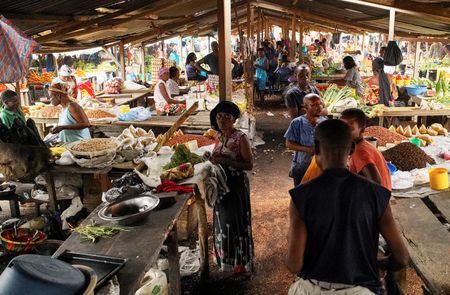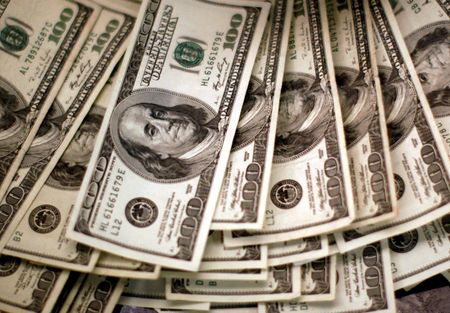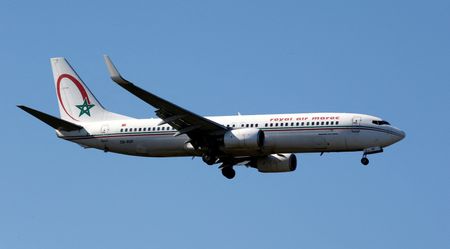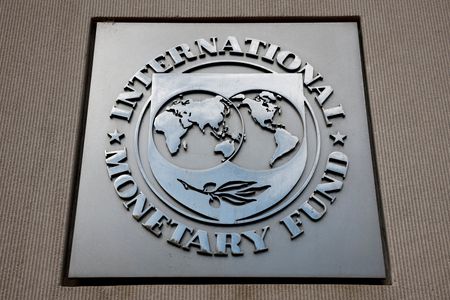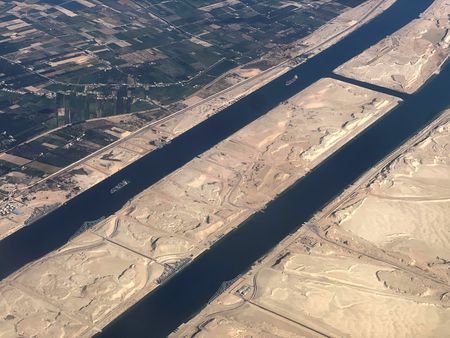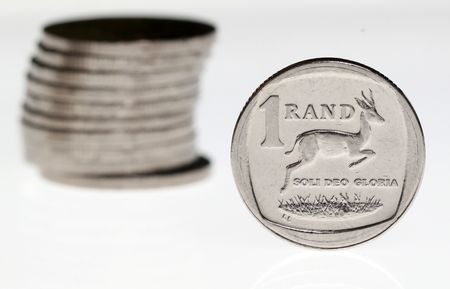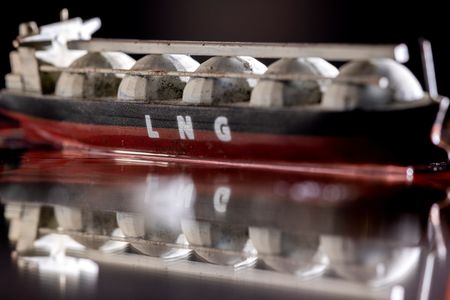By Libby George and Karin Strohecker
LONDON (Reuters) – The Republic of Congo’s Finance Minister Christian Yoka has pledged to ease the country’s debt strains and servicing costs by tackling borrowing and spending.
In his first interview since taking office earlier this month, Yoka said he was working urgently to address the challenges facing sub-Saharan Africa’s fourth-largest oil producer, whose economic model is tethered to oil production and prices.
He also pledged to more than double the country’s foreign exchange reserves.
“Because of the different crises that we had – COVID, then Ukraine – and each time you have all these geopolitical situations, the country is in a dire situation,” said Yoka.
Diversifying toward agriculture and tourism would help to escape the current boom-and-bust cycle dictated by oil dependency, he said.
Topping his list of issues to tackle is the debt-to-GDP ratio – a key measure for assessing a country’s ability to repay its debt – which currently stands at 96%.
“It’s quite a burden, and with the repayment that the country has to face, of course, that is a weight on the foreign reserves,” Yoka said, adding he was targeting a debt-to-GDP ratio of 70% or below within five years.
While external debt amounted to just over a third of the total burden, local currency debt was a more pressing issue, Yoka said.
“My goal would be to really focus on that side of the debt issue and to see if we can renegotiate some terms, if we can go out maybe to refinance…in order to really try and lower this pressure,” he said.
The central African country implemented a regional debt exchange last year, which prompted ratings agency such as S&P Global Ratings and Fitch to lower its local currency rating to selective or restricted default.
“If we keep on going out to borrow just to finance the current expenditures, we are going into the wall for sure,” said Yoka, adding it was too early to say whether another regional debt exchange could be on the table.
But he said he was working with his team to identify possible areas for spending cuts and looking at curbing “cumbersome” debt service payments.
Restoring confidence in the government’s creditworthiness is a priority, Yoka added.
CAUTION AND CONCESSIONAL LENDING
Yoka said launching a debt-for-development swap – something examined by his predecessor – was something he would approach with caution.
Yoka has more than two decades of development finance experience, most recently as the Africa director at the French Development Agency.
Asked whether the government would target another International Monetary Fund loan programme, Yoka said it was too early to say, adding that the “IMF is a key partner for us.”
The Fund is scheduled to visit next month for the final review of its current programme – a three-year $455 million arrangement approved by the IMF board in January 2022.
Still, Brazzaville will seek concessional loans from the likes of the World Bank, likely focusing on power transmission, water, sanitation and other areas that would have social impact.
It will also focus on ensuring that companies with external revenues repatriate them.
The central bank currently has enough foreign exchange to cover just over two months of imports. In July, the IMF estimated two months’ cover at roughly $5.5 billion – well below the five months that Yoka said he will aim for.
He said there was no target date for that level.
(Reporting By Libby George; Editing by Christina Fincher)

